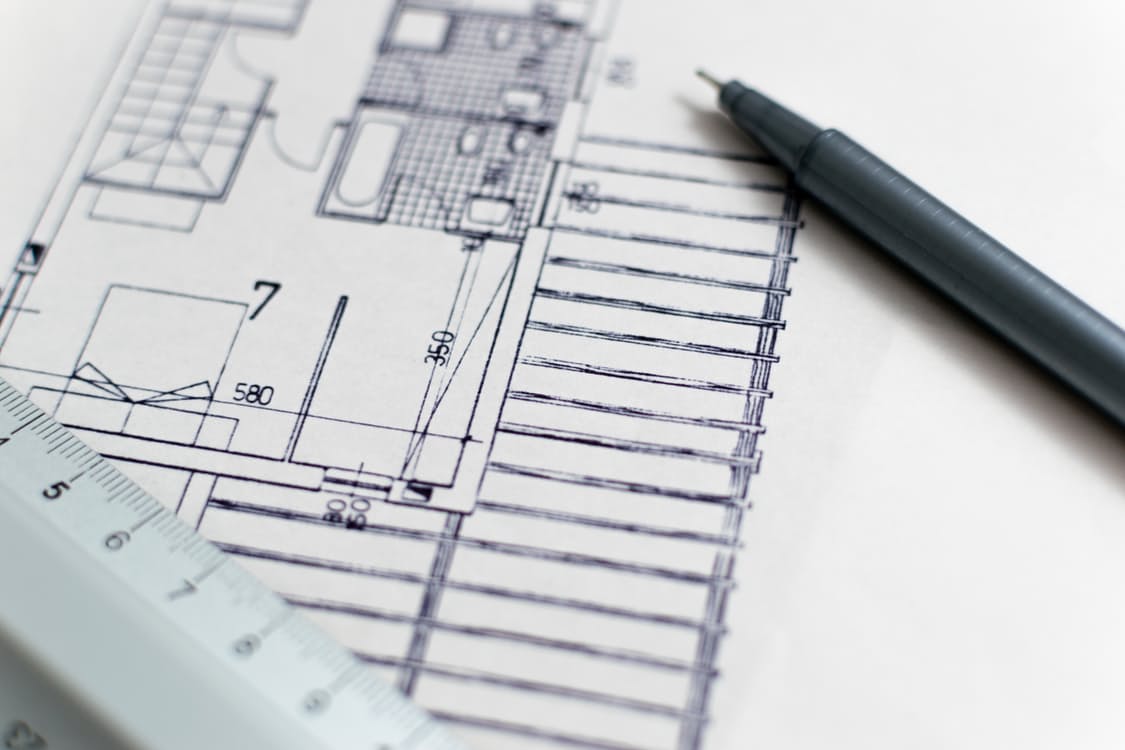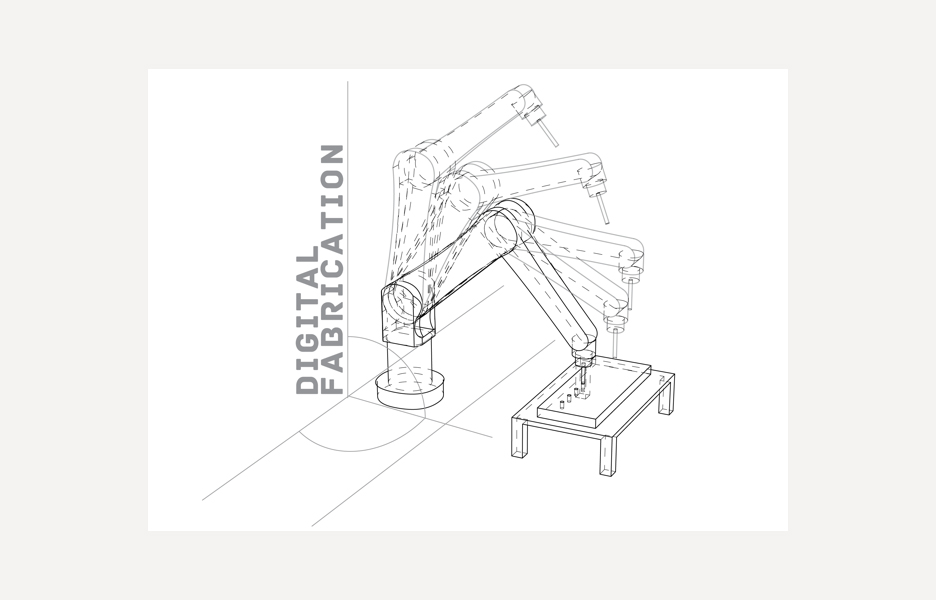
Disruption in the A&D industry – how disruptable is your business?
Disruption in the A&D industry – how disruptable is your business?
Share
Disruption is the game changer. A competitive market has always forced businesses to constantly keep improving, so they can be better today than they were yesterday, and be better than their nearest competitors.
That’s good but, even before the added challenges created by the advent of COVID-19, it is simply not enough anymore.
Disruption seems to come from out of the blue, and catches everybody in the industry by surprise. It’s often the strongest, most stable, most well-established businesses that are the first to fall. The bad news is you can’t predict where the disruption is coming from – that’s outside your control. But the good news is you can know how ‘disruptable’ your business is – and that is in your control. Here are four clear signs your business is vulnerable to disruption.
1. You keep measuring the wrong things
The old metrics for success – such as market share, profit and revenue growth – are internal measures. You’re either comparing with yourself or with the rest of your industry. They won’t help you prepare for disruption.
That doesn’t mean you should stop measuring those things; but don’t measure only those things. Instead, also start measuring things like:
- how many new projects you started
- how many projects failed (and how quickly they failed)
- how many ideas your people generated
- how many of these ideas you implemented
- what percentage of time is actually spent solving customer problems
- how much new technology you adopt
- how many assets and resources you throw away
- how many new customers you acquire outside your core target market, and
- how often the younger, more junior people speak up at work.
2. You spend too much time protecting what your own
In the past, your assets – the tangible and intangible things you own – gave you strength and stability, and protected you from current and future competitors. But because the world has changed, those assets have now become liabilities. An efficient supply chain restricts you from trying new suppliers. A strong reputation means you won’t try things that may risk a backlash. Owning premises ties you to physical locations. Instead of strengthening your position, these ‘assets’ now hold you back from better opportunities.
Disruptors don’t have these assets, but they also don’t have the baggage the assets bring with them. They are more objective about finding the best solutions, which makes you more vulnerable and disruptable.
3. Your last revolution was a long time ago
Most successful businesses evolve. Over time they shift, adapt and grow. We like evolution because it’s logical, incremental, comfortable and safe.
The trouble with evolution is that it’s slow and cumbersome. Sometimes we need to turn our back on the past and start a revolution. This is not easy, because you’re not only fighting your competitors; you’re fighting yourself.
Revolution is exactly what disruptors do. While the incumbents are evolving to beat each other to the top of the industry ladder, the disruptors come out of nowhere and knock over the ladder.
When was the last time you had a good revolution? The trouble with a revolution is that people usually get shot. But sometimes that’s exactly what you need – not with people, of course, but with old ideas, products, services, brands, markets or infrastructure.
4. You don’t know your customers
Ultimately, your biggest protection against disruption is to focus on customers and help improve their lives through your products and services.
Most successful businesses start with that focus. But over time, as the business grows and needs to support itself, other ‘essential’ work takes its place. Instead of spending most of your time serving customers, you spend more and more time serving other people: the local council, the ATO, other government agencies, staff, unions, layers of managers, suppliers, regulators, media and community groups. These are all important, but they should never come at the expense of customers.
Disruptors act the way you used to act: by understanding customer wants and needs, and finding a way to meet them.
How can you be ready for disruption?
Disruption is just another word for change. It’s change at an unprecedented speed and magnitude, but it’s still just change. And change is inevitable.
The solution to avoiding disruption is simple (but not easy): disrupt yourself. It’s disruption when it happens to you, it’s innovation when you do it yourself.
Gihan Perera is a business futurist, speaker and author who works with business leaders to help them lead and succeed in an uncertain but exciting future. He is the author of Disruption By Design: Leading the Change in a Fast-Changing World. gihanperera.com.
This article first appeared in AR163.
You Might also Like




















